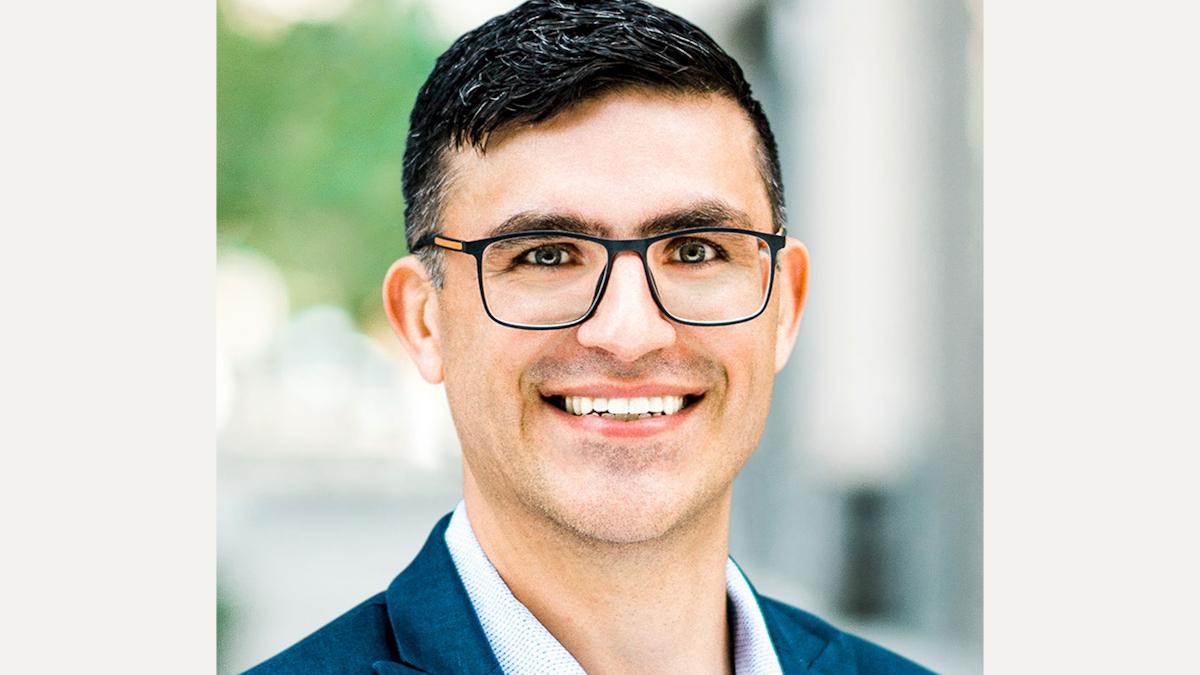Epilepsy fail hands late-stage pipeline blow to Takeda

Takeda’s experimental epilepsy drug soticlestat has failed not one but two phase 3 trials – in Dravet syndrome and Lennox-Gastaut syndrome – throwing the future of the programme in doubt.
The Japanese pharma isn’t abandoning the project just yet, though, as it says the study in Dravet syndrome only narrowly missed its primary endpoint and showed efficacy on secondary endpoints. It originated the drug and licensed it to Ovid Therapeutics, before taking it back in-house in 2021 in a deal worth up to $850 million.
Soticlestat (TAK-935) is a selective inhibitor of cholesterol 24-hydroxylase (CH24H), a brain-specific enzyme found in the brain that is involved in the brain's metabolism. Cholesterol plays a key role in neurological activity in the central nervous system, and soticlestat has been shown to reduce hyperexcitation of neurons.
In the SKYLINE study in Dravet syndrome, soticlestat added to standard care could not show a statistically significant reduction from baseline in convulsive seizure frequency compared to placebo, although the p-value fell just short at 0.06.
Out of six key secondary endpoints, soticlestat showed “clinically meaningful and nominally significant” results in the responder rate, measures of caregiver and clinician global impression of improvement, and seizure intensity and duration scales over the 16-week treatment period.
The Lennox-Gastaut trial – called SKYWAY – also looked at soticlestat or placebo on top of standard care and found no improvement with Takeda’s drug on the primary endpoint, the reduction from baseline in major motor drop (MMD) seizure frequency. Takeda said the drug was fairly well-tolerated in both studies.
Dravet and Lennox-Gastaut syndromes are both developmental and epileptic encephalopathies (DEEs), rare forms of severe epilepsy that typically present in infancy or early childhood and are notoriously hard to treat with current anticonvulsants. Other therapies available in the US include Jazz Pharmaceuticals’ cannabinoid Epidiolex – approved for Lennox-Gastaut – and Belgian biotech UCB’s Fintepla (fenfluramine), which can be used for both forms.
Dravet is less common, affecting 1 in 15,000 to 21,000 people in the US, while Lennox-Gastaut has a prevalence of around 1 in 1,000 people.
“Even with currently available therapies, we know that many patients with developmental encephalopathies […] still experience persistent unmet need across multiple dimensions, such as seizure burden and treatment tolerability,” commented Sarah Sheikh, Takeda’s head of global development.
“While we would have wished for more declarative results on the primary endpoints, we are encouraged by positive outcomes seen in the totality of the data and are looking forward to engaging health authorities to determine the best path forwards,” she added.













